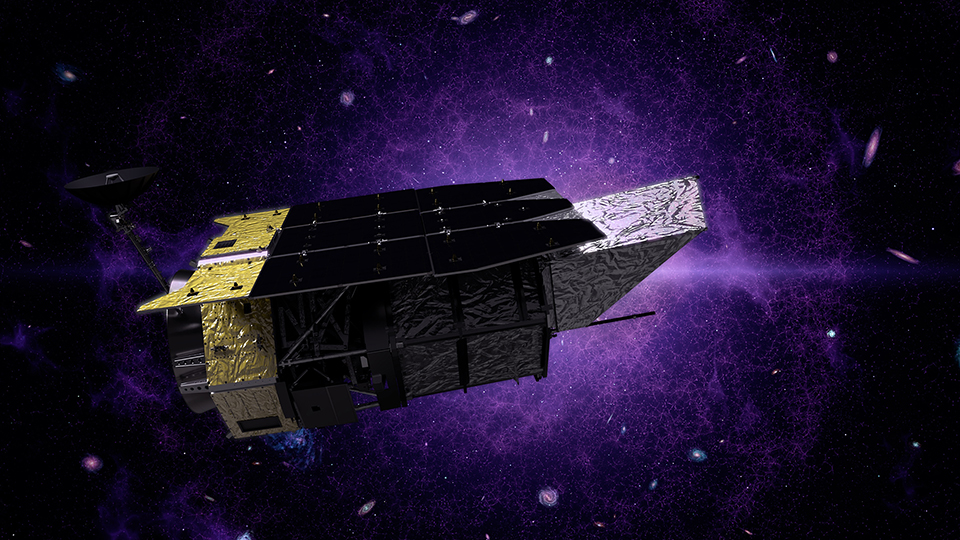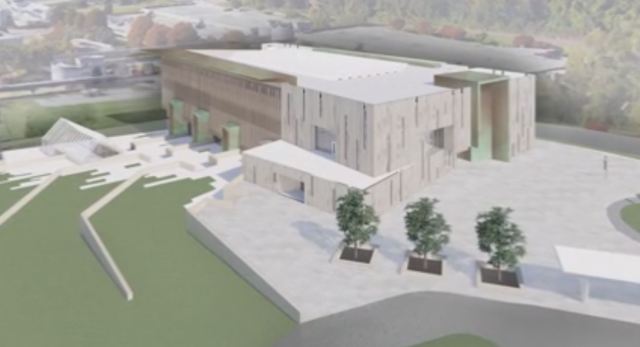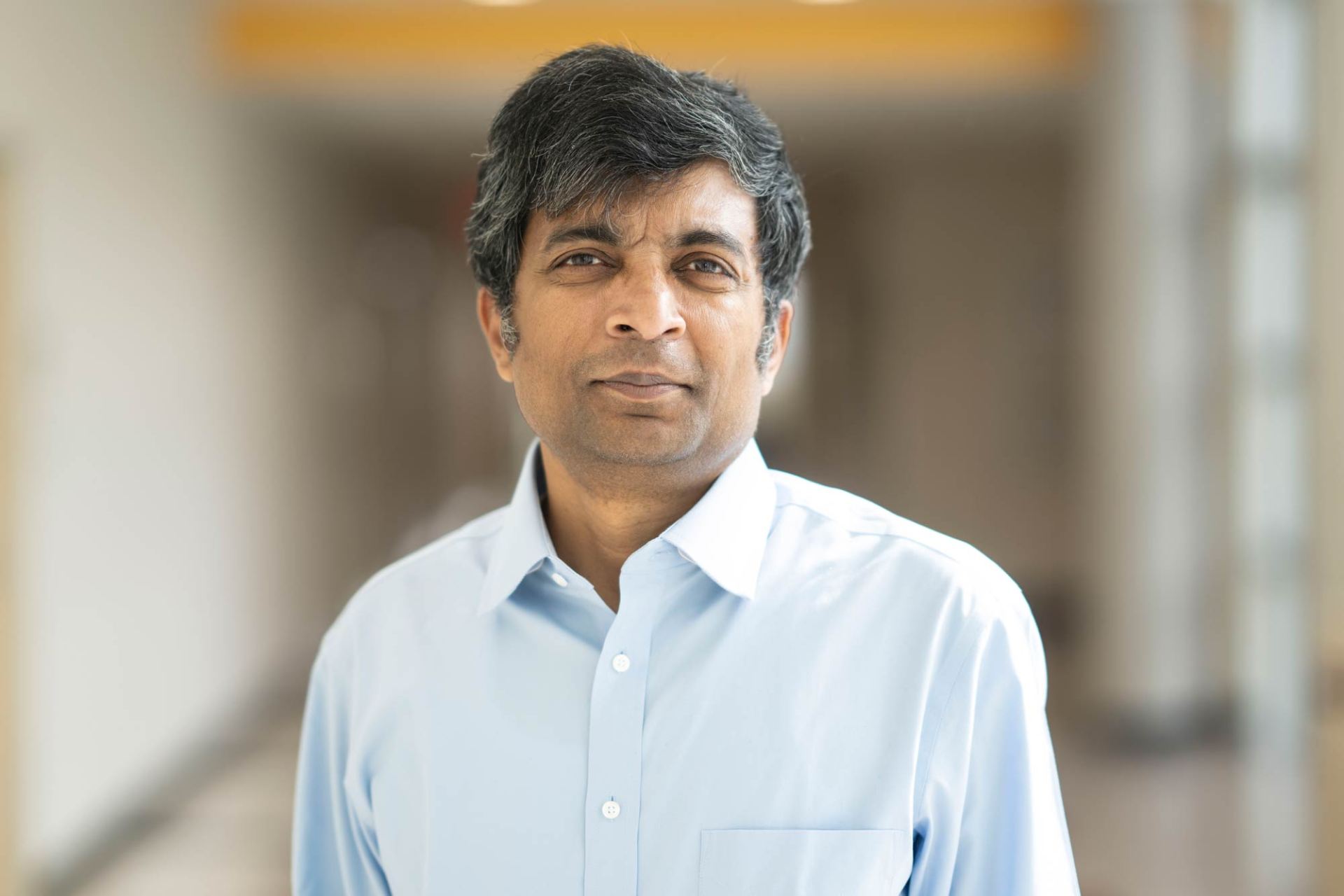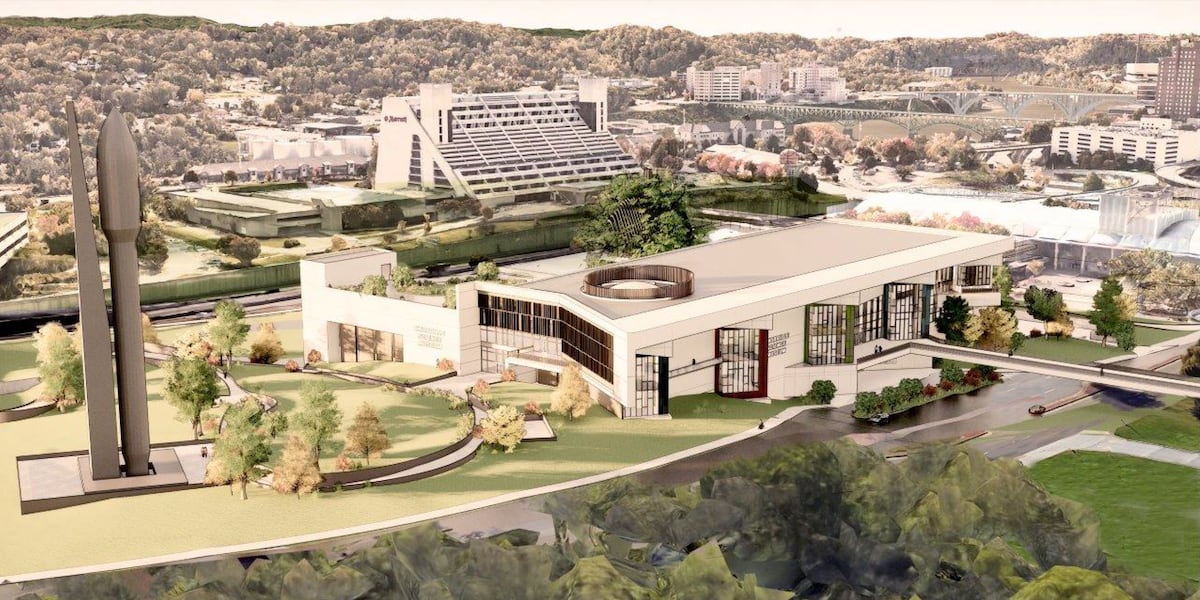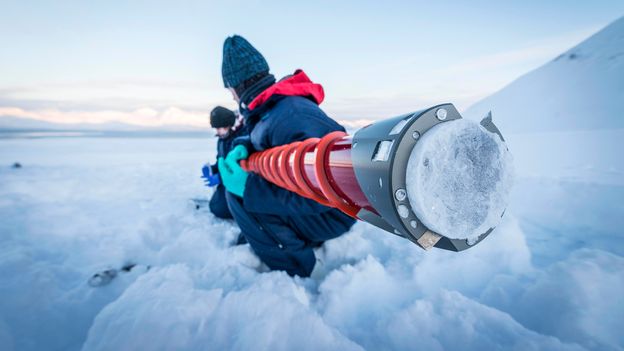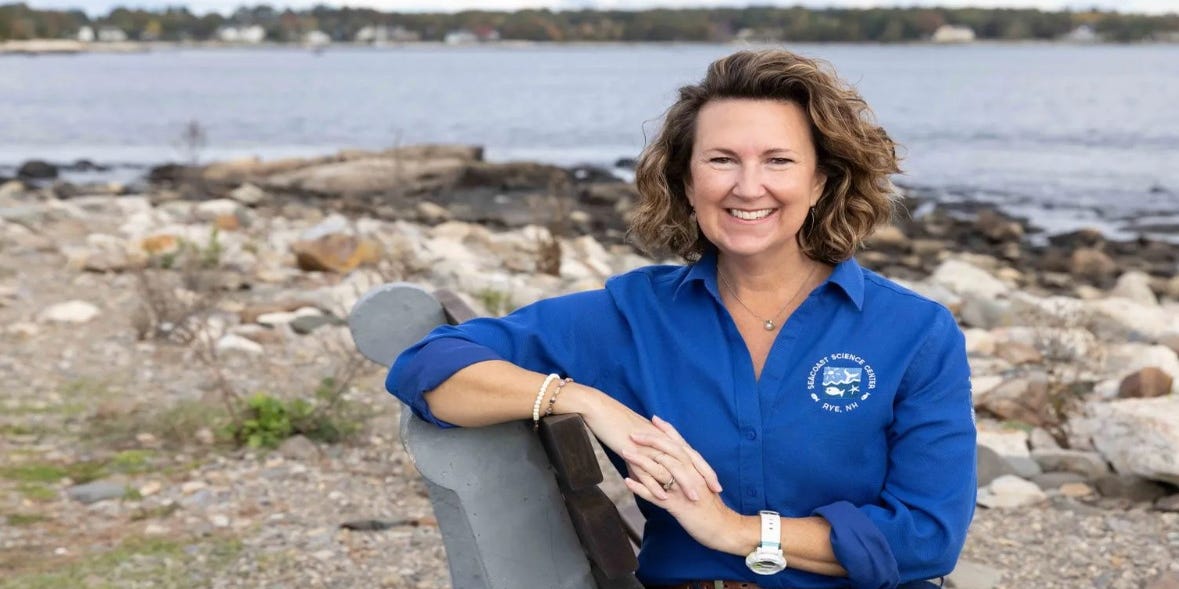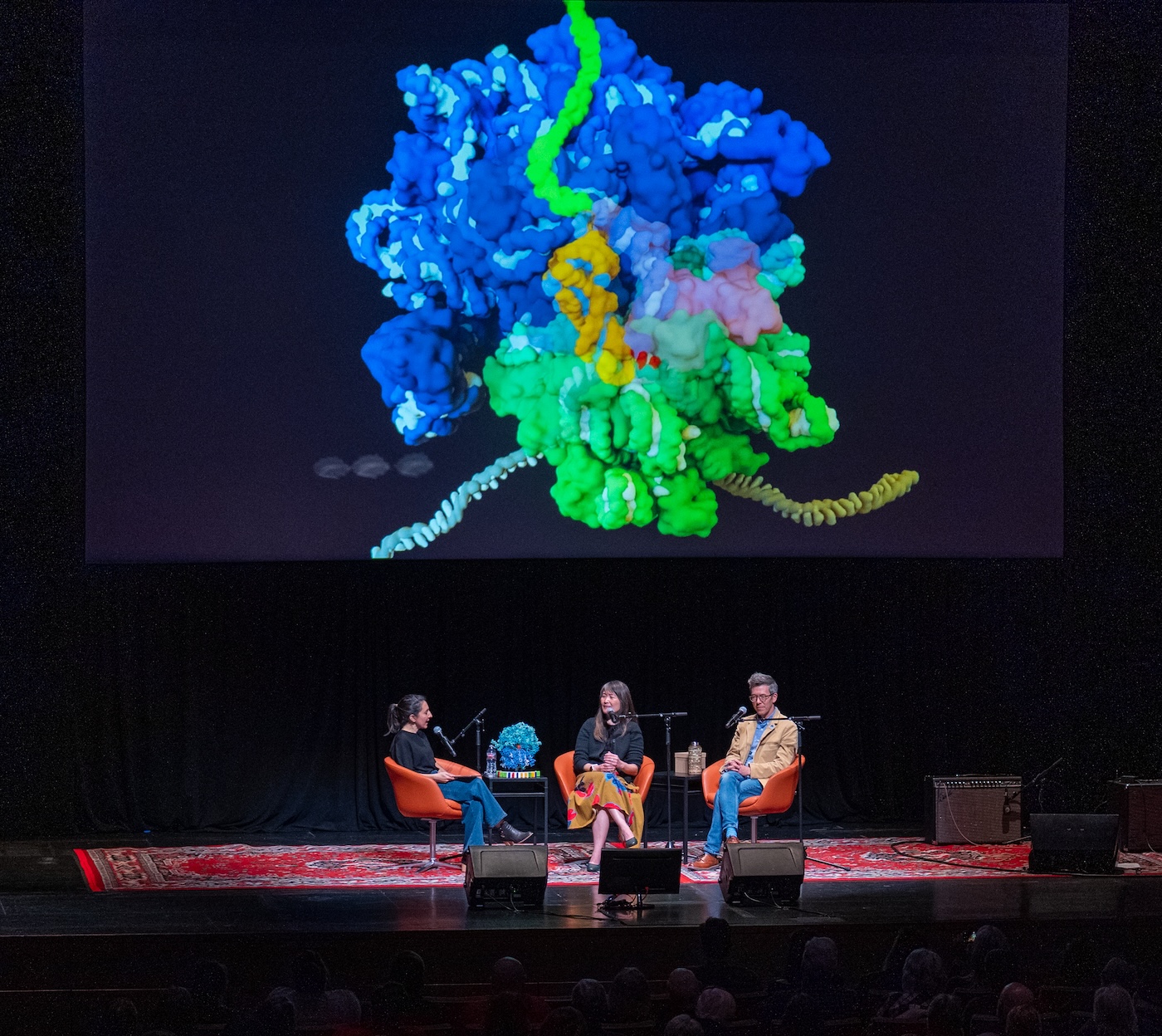
From Shelves to Scholarship: How One Student Carries Forward a Family's Library Legacy
Growing up in a family of passionate librarians and having traveled extensively across the globe, William Boyer has discovered his unique calling: transforming his family's traditional legacy into the digital age through innovative archiving techniques. With a deep respect for his family's historical commitment to preserving knowledge, William is determined to bridge the gap between classic library science and cutting-edge digital preservation. His global experiences and rich family background have instilled in him a profound understanding of information management and a vision to honor his family's intellectual heritage. By pursuing a career in digital archiving, William aims to not only preserve the valuable work of previous generations but also to reimagine how information can be collected, stored, and accessed in the 21st century. Through his professional journey, William seeks to create a meaningful continuation of his family's scholarly tradition, ensuring that their passion for knowledge and documentation lives on in an increasingly digital world.

